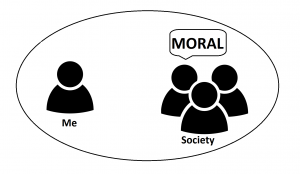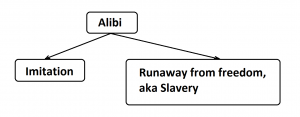Braking Badly, or Some Important Lessons of one MotoTrip
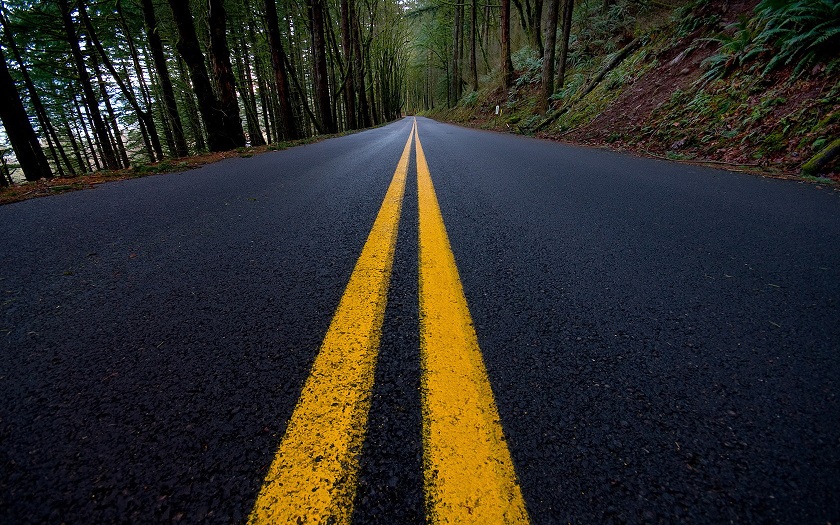
Last week my wife and I returned back from our first long motorcycle trip. We left Toronto, went to Kingston, crossed the border of US, then went through New York, Vermont, New Hampshire and Main to Portland, then took ferry to Nova Scotia, and from Yarmouth went back to Toronto, visiting Cabot Trail and Prince Edward Island on our way back.
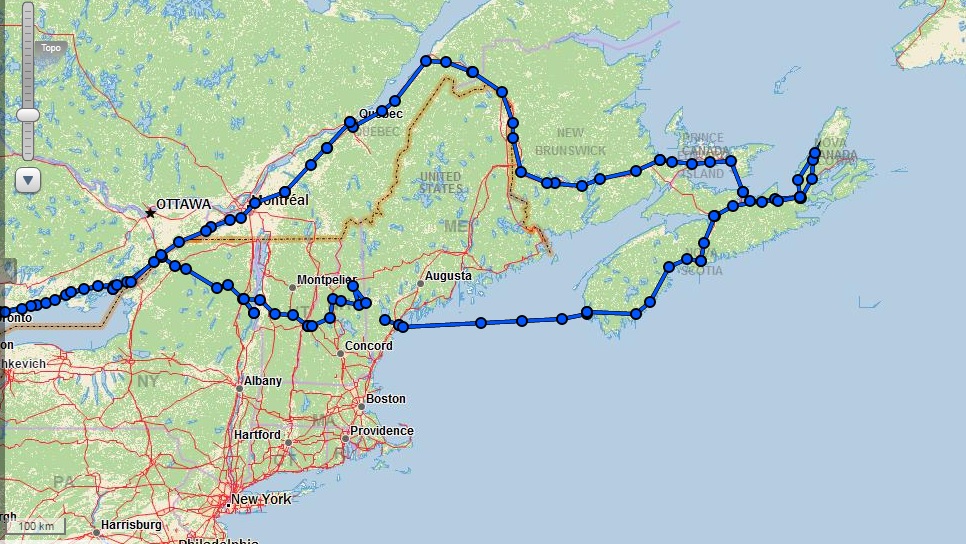
That was an awesome ride! But during the trip I had to learn a few lessons and in this post I would like to share those lessons with you.
Mount Washington Lesson
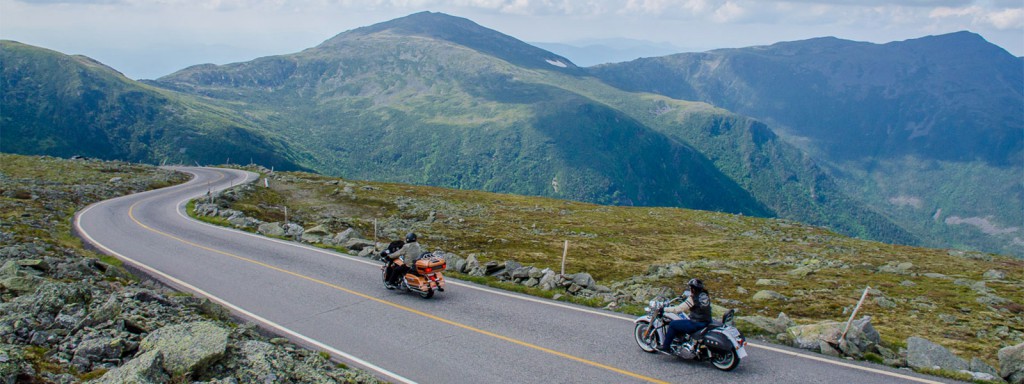
At all of the motorcycle courses they teach you that you should use brakes rather than engine braking (and they are right: you will better indicate that you are braking to the drivers behind you). Mount Washington Auto Road added a niggle to that. There were 3 motorcycles when we climbed the Mount Washington: our Yamaha VSTAR 950 and 2 Harleys. All of us used engine braking, or to be more correct, we all went down at the first gear. And on top of that we all had to use brakes.
I was the first to get a surprise: in on of the turns when I squeezed my front brake, it almost didn’t make any change to my speed. Thanks God, I was able to stop with the rear one. After that me and my wife (who was a passenger) decided to take any stop possible to cool down the brakes and we stopped almost each mile on the remainder of the road.
So, 2 out of 3 riders experienced the same problem – boiling brakes. The lesson was:
Regardless of using low gear when you are riding down steep and long slopes, when you have to use brakes, be very cautious and make frequent stops to cool down the brakes (or at least, to make sure that the brakes are not too hot). It is possible that you will notice your brakes fading too late, when it is almost or completely gone.
To sum up:
- Preferably, no passengers
- stop as frequently as possible. Plan this route accordingly (allow time for cooling the brakes down).
- watch the traffic behind
- don’t use both brakes – in case one fails, you will have another one
Ferry Lesson

I have a quite good balance – I have no problem to put my feet on the pegs right when the bike started moving. I don’t “walk the bike”. Sounds good? Yes, but not at a slippery deck of the ferry. When disembarking, I had to stop right in front of the ferry’s gate, I put my feet on the deck, but the bike just slips and I had to lift it. Thanks God, due to engine guards and big footrests, it didn’t lay flat on the ground. So, it was much easier for me to lift it. The lesson is:
When embarking to or disembarking from the ferry
- Avoid having a passenger. Ask him or her to walk.
- Better walk the bike. Don’t put your feet on the footrests until you can guarantee that the surface is not too slippery.
Well, if you know the ferry pretty well, say, you live at PEI and use this ferry quite often, just disregard this.
Big Cities Lesson
If you ride through any urban area surrounding a big city, like GTA, Montreal etc. – plan your trip accordingly. Do not expect high mileage during that day. Constructions and massive traffic will make it significantly slower.
I hope these lessons will help to make your moto-trips more comfortable and safe. Live free, ride safe!

